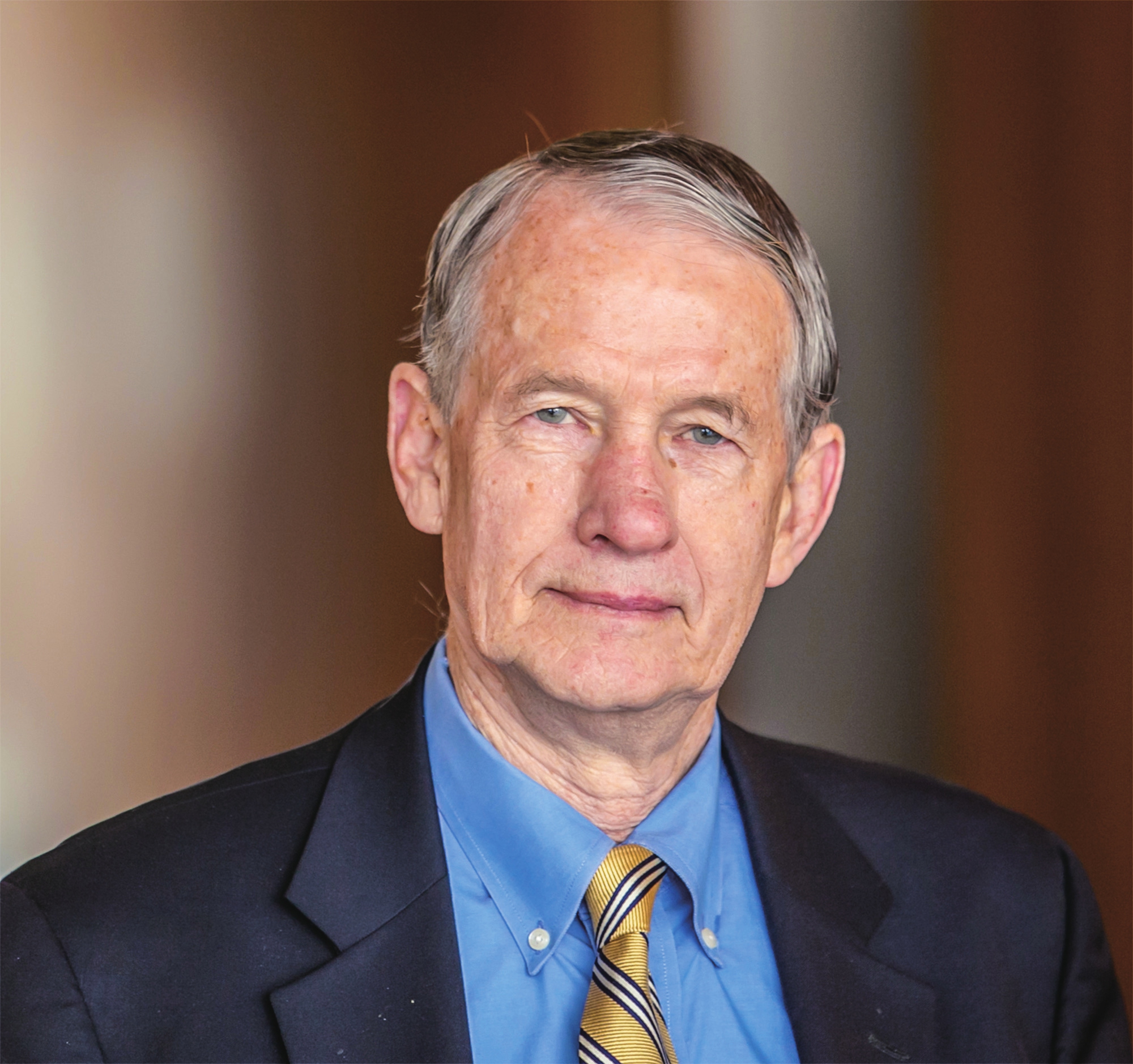

Gary Hufbauer Photo: Courtesy of Gary Hufbauer
Editor's Note: As the negative shocks to the world economy and trade caused by the turbulence of the US tariffs continue to unfold, scholars and institutions across the globe are analyzing and warning about the far-reaching implications these policies have had on both the US economy and global trade dynamics. In an interview with the Global Times (
GT), Gary Hufbauer (
Hufbauer), a non-resident Senior Fellow at the Peterson Institute of International Economics, warned that additional US tariffs will prove highly disruptive to both the US economy and the world economy.
GT: The US administration's new additional tariffs have triggered severe volatility in financial markets around the world, contributing to the ongoing global pessimism about growth. International organizations are warning of the dire consequences for the global economies. Could you provide the latest assessments and estimates regarding the potential economic impact?
Hufbauer: Additional tariffs will prove highly disruptive both to the US economy and the world economy. The US will experience higher inflation, maybe an additional one or two percent, and lower growth, probably a recession, as a consequence of protectionist tariffs. The global economy is already facing multiple challenges, and trade-restrictive measures add to the adverse forces.
The US administration advocates steep tariffs. Despite potential retaliation, and the violation of global economic rules, the US has announced extreme tariffs against China and other countries. The result is the fragmentation of global trade.
Estimates suggest that trade restrictions will subtract at least one full percentage point from global economic growth. The loss is particularly detrimental to least-developed countries, which often rely heavily on trade for their economic development and stability.
GT: What are your observations regarding the impacts of the US tariff hikes on American consumers and inflation?
Hufbauer: American consumers will face painful price hikes on all sorts of products - shrimp, avocados, iPhones, autos and much else. Average inflation will rise by one or two percent. Only a recession and the loss of jobs will bring inflation back to the 2-percent target.
GT: How can countries work together to protect multilateralism and the global trade order from protectionism and unilateralism?
Hufbauer: Countries should create informal groups that coordinate their response to US tariffs and pledge to maintain open trade and investment among themselves. Most importantly, other countries should keep their trade channels open with each other.
GT: The 25 percent tariffs imposed by the US on imported vehicles have caused strong backlash from its allies, with Canada hitting back with matching tariffs on US cars. How do you view the escalating trend and further potential impacts?
Hufbauer: The US tariffs deal a historic blow to peace and commerce within North America. It may take decades to restore the trust of Canadians and Mexicans in the US.
GT: How do you evaluate the impacts of trade barriers on the global green economy?
Hufbauer: Trade barriers will slow the development of the global solar cell and electric vehicle industries. The establishment of prohibitive barriers to the import of solar cells, batteries and electric vehicles hinders progress toward the global green economy. The prospects for future trade cooperation between China and the US in these sectors appear bleak; however, trade between China and other countries will likely grow. On the world stage, China will espouse open free trade and investment. China will encourage electric vehicle and battery firms to establish plants in Europe, Brazil, Mexico and elsewhere.
GT: What is your perspective on China's unwavering commitment to high-standard opening-up? How do you perceive China's expanding trade with a diverse range of trading partners?
Hufbauer: If China takes the lead in defending the multilateral trading system and lowering barriers, that will prove enormously helpful to the world economy.





